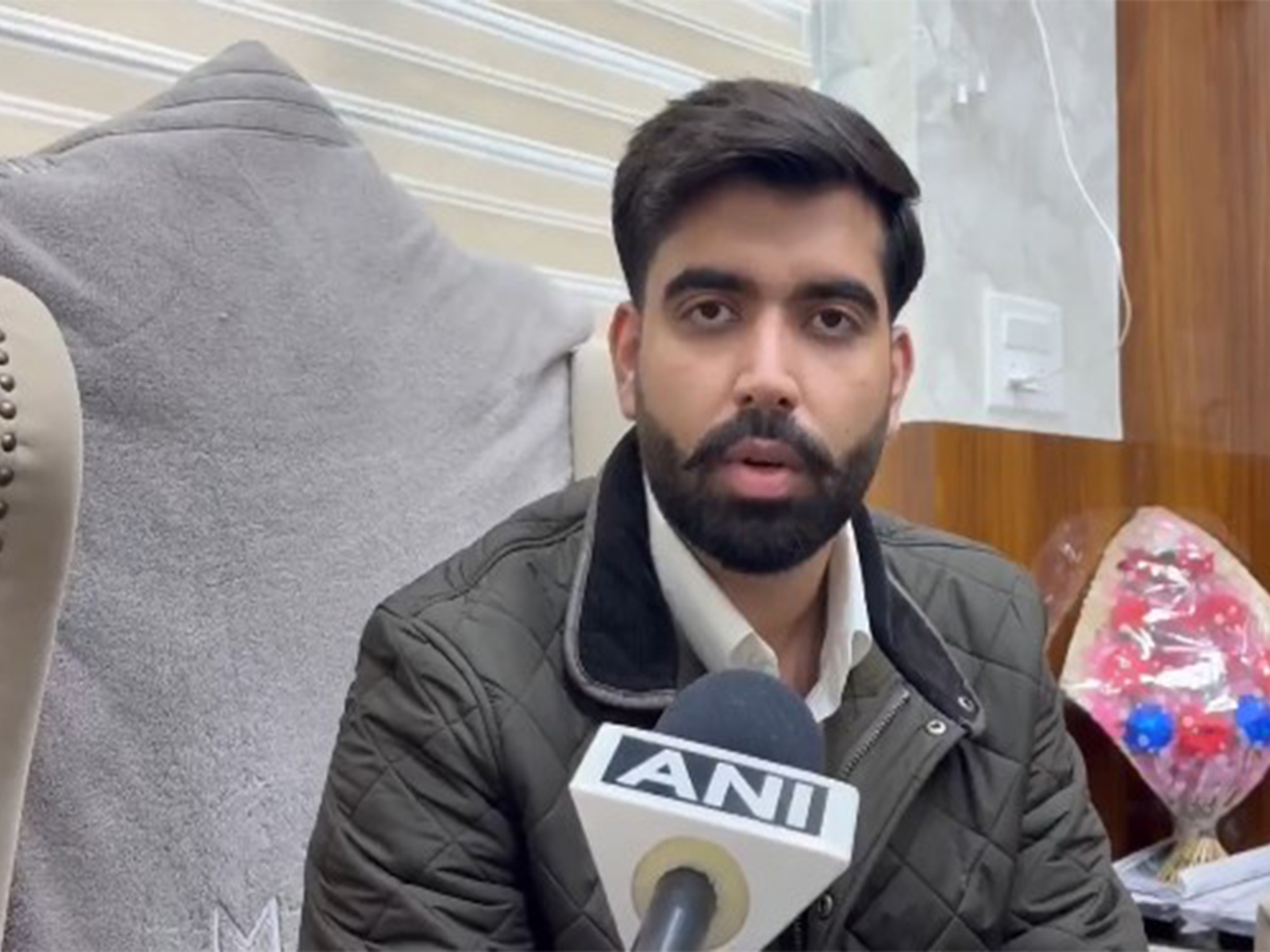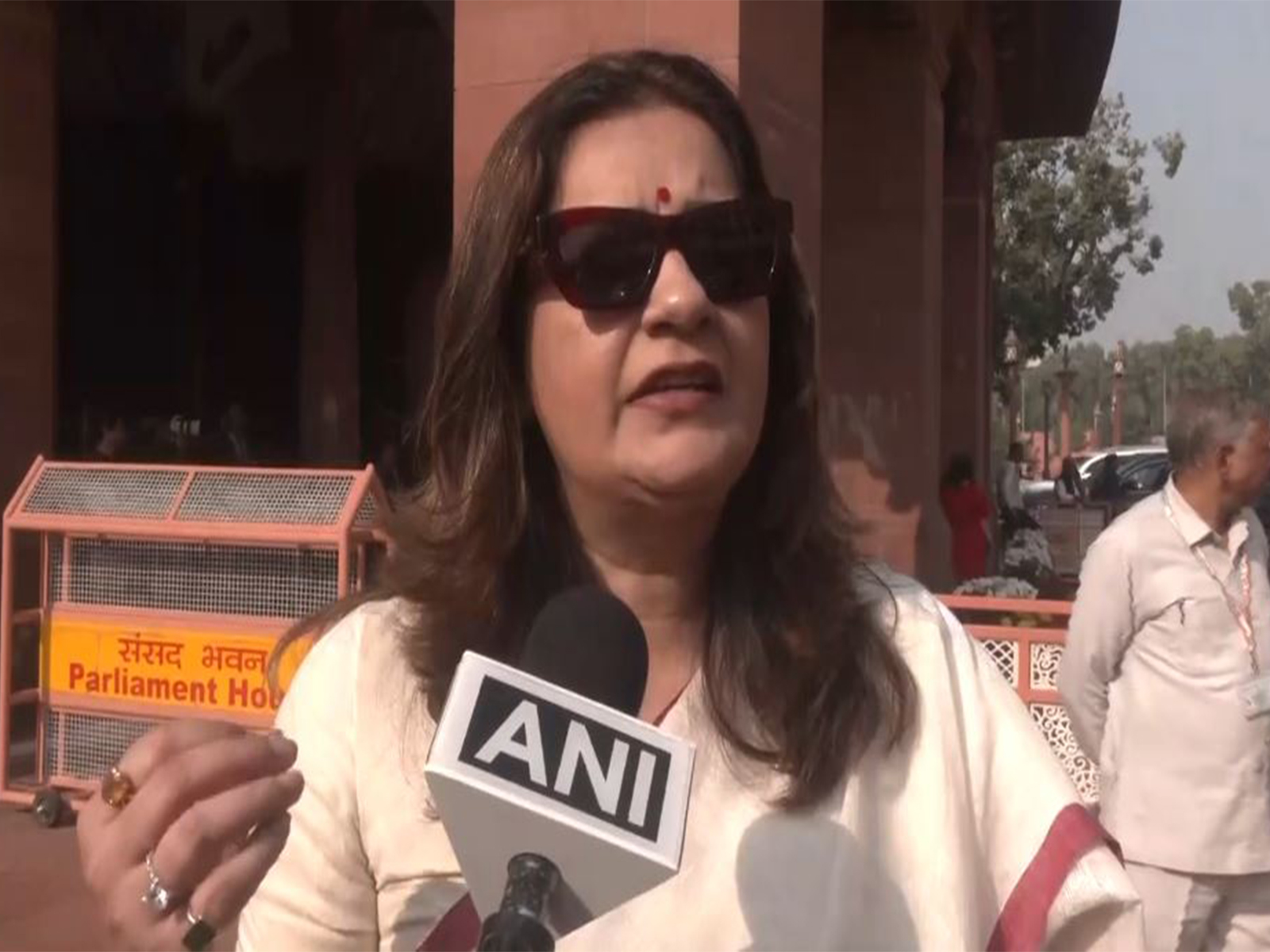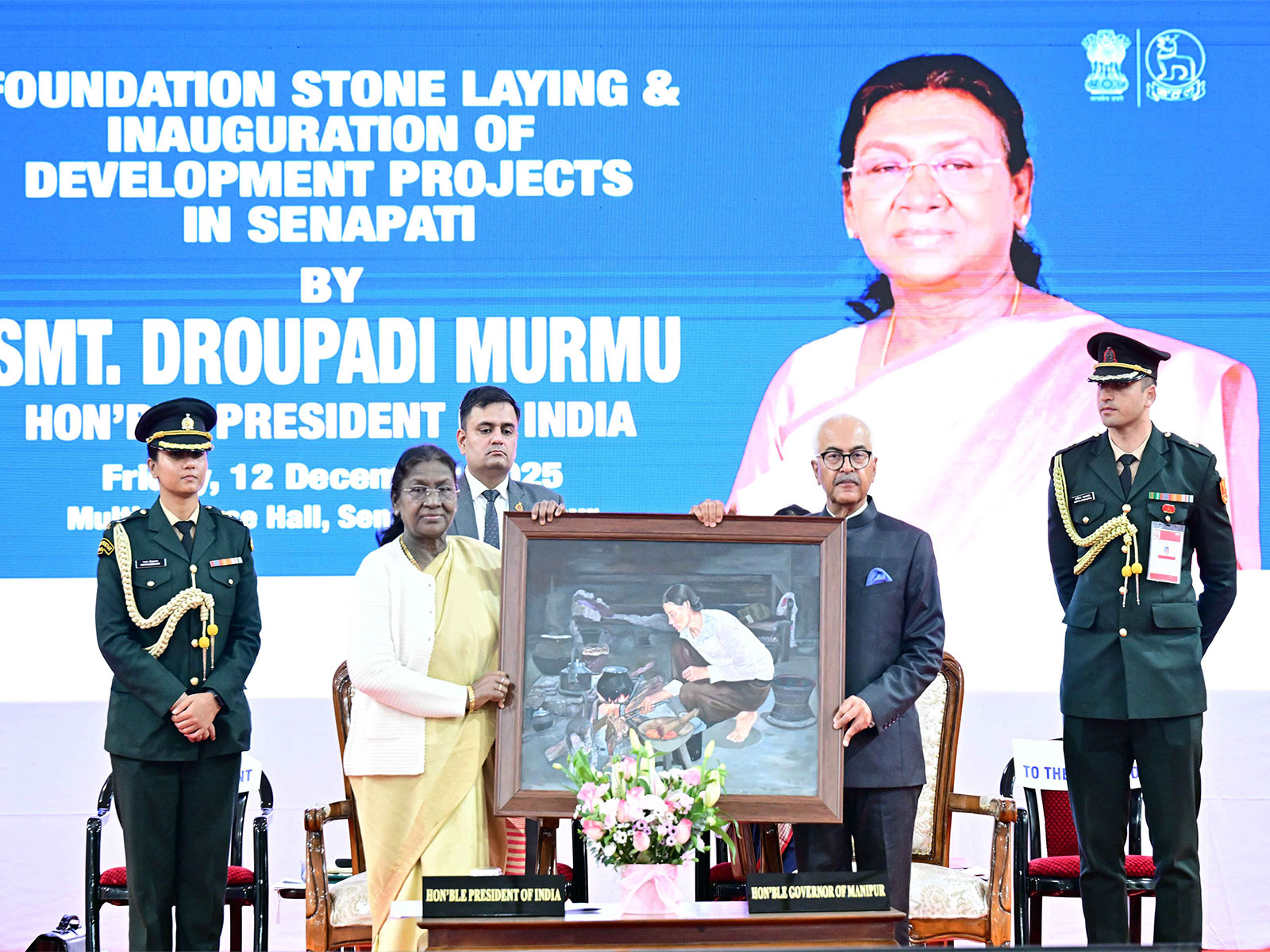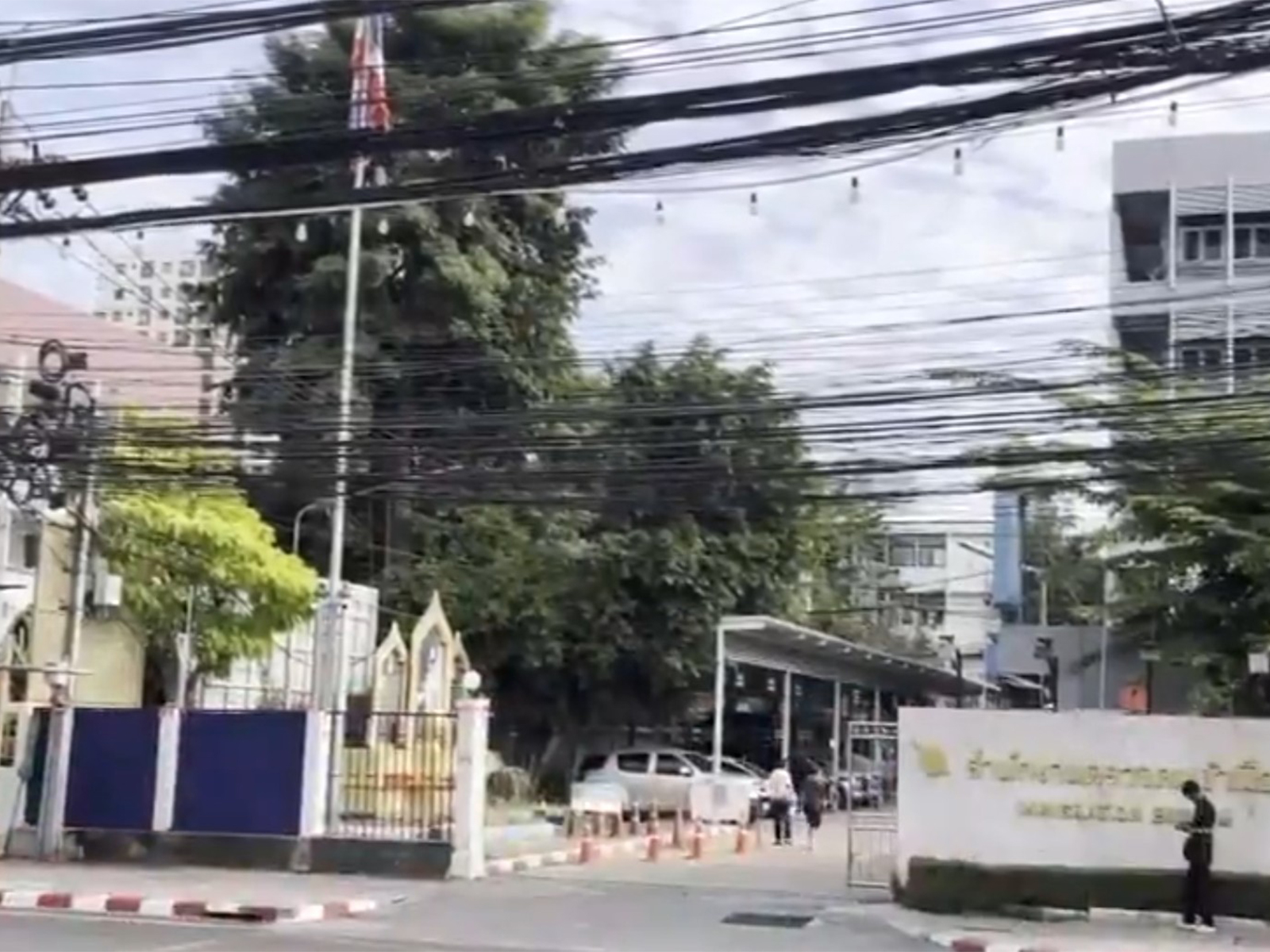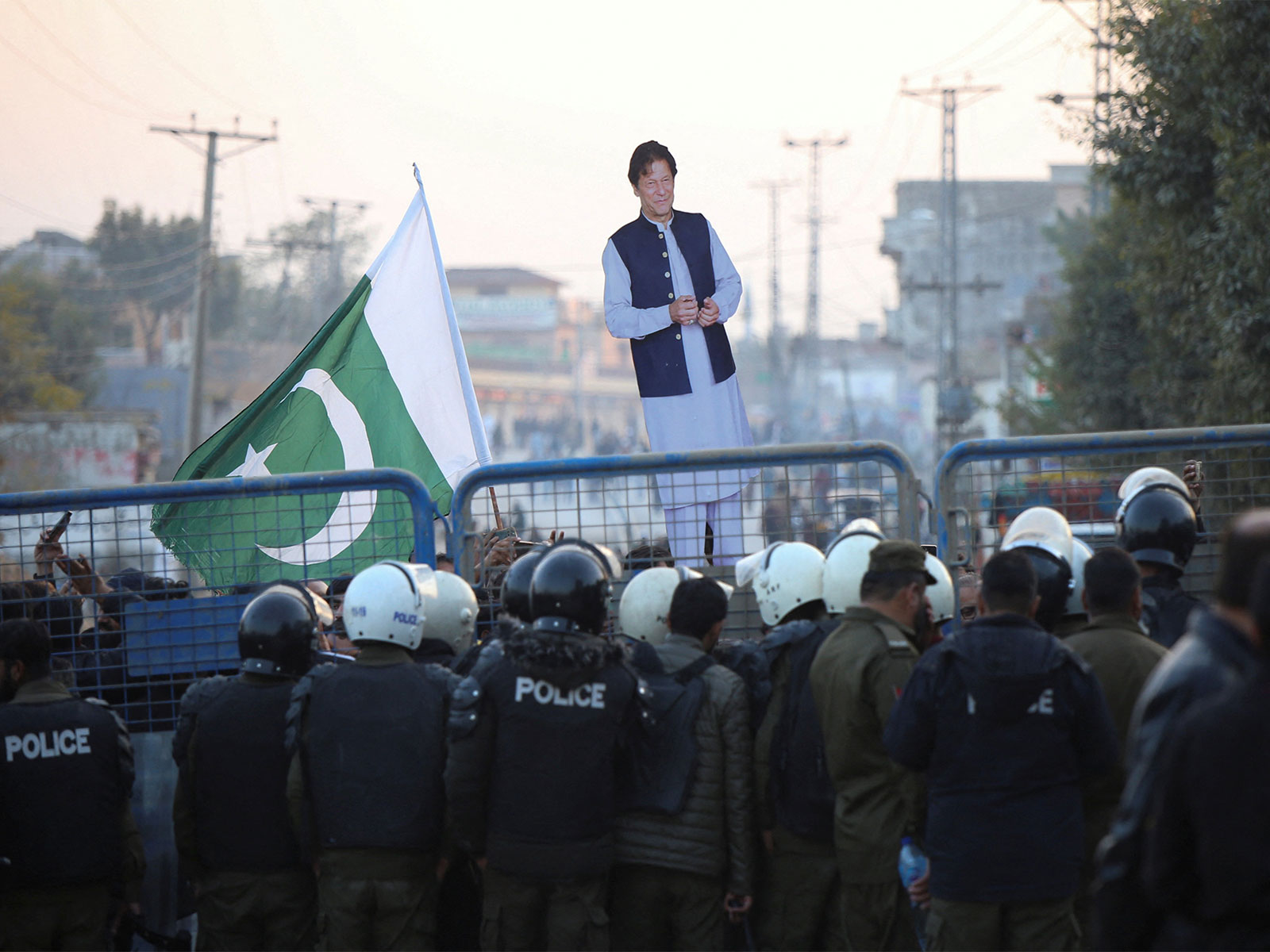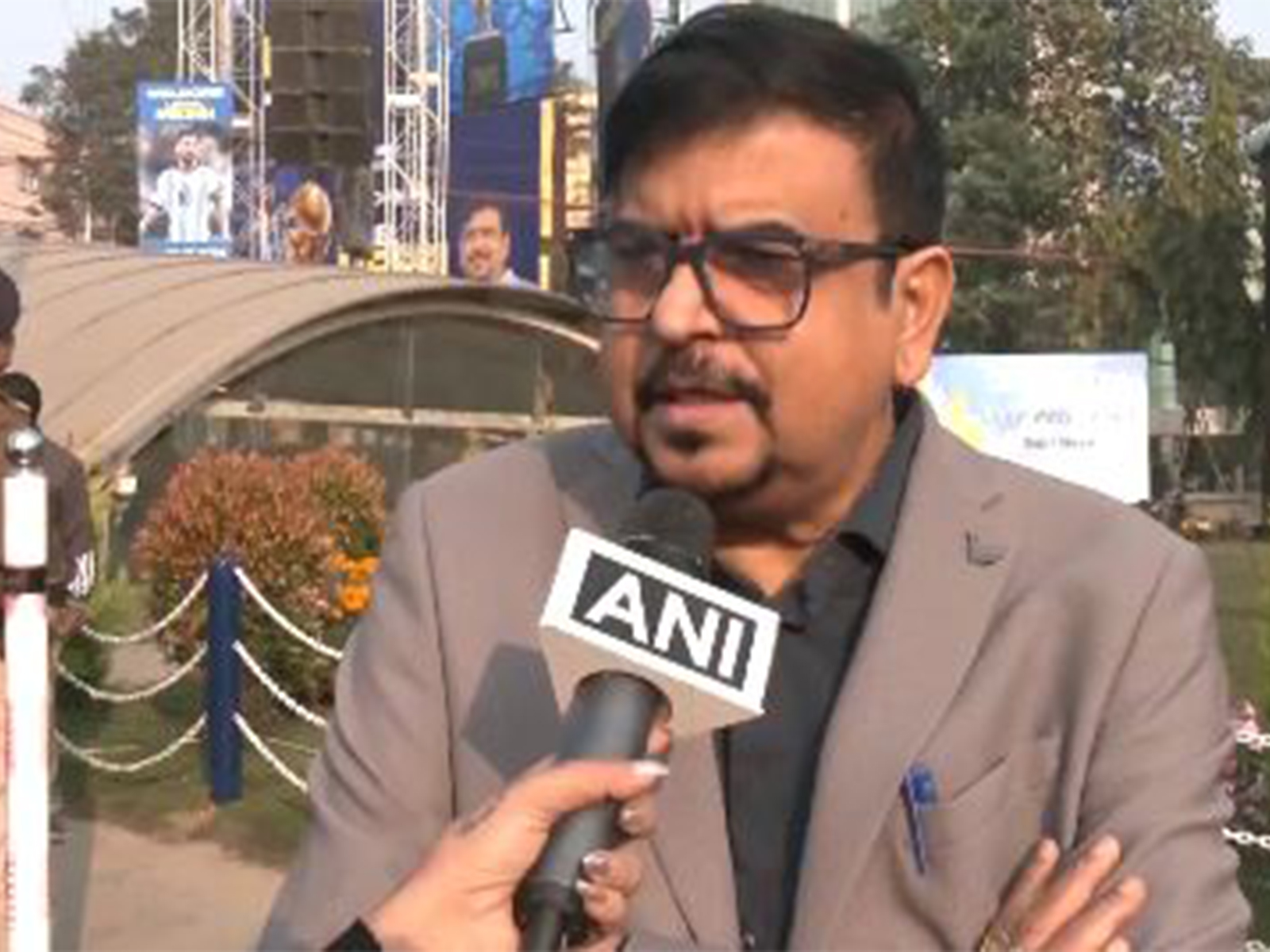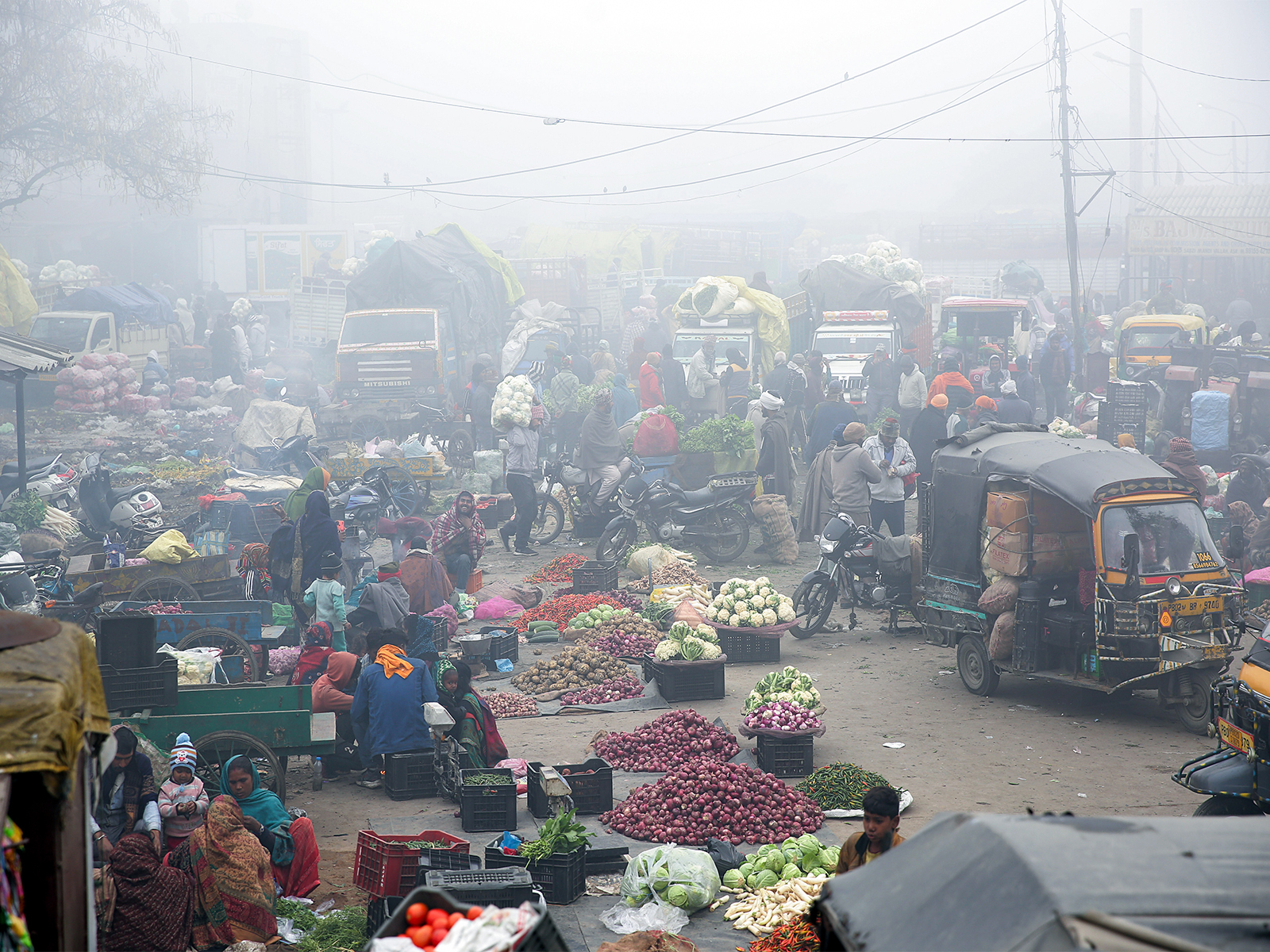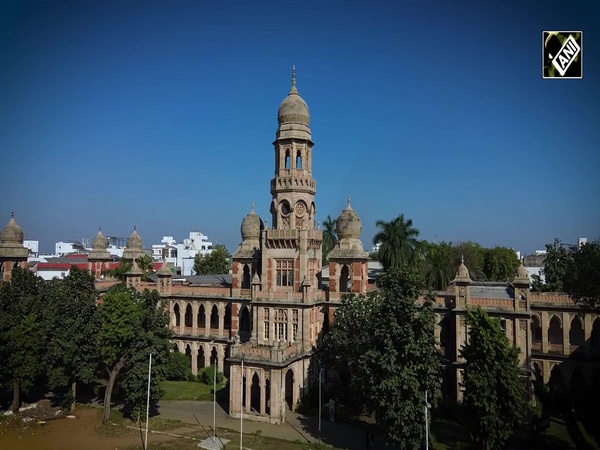Key Cabinet decisions today: Hike in MSP for copra, new bridge in Bihar, widening of 135 km stretch of Khowai-Harina road in Tripura
Dec 27, 2023

New Delhi [India], December 27 : The Centre on Wednesday announced several decisions taken by the Union Cabinet chaired by Prime Minister Narendra Modi, including Rs 250-300 per quintal increase in the minimum support price (MSP) of copra at Rs 11,160-12,000 per quintal for the 2024 season.
The Cabinet Committee on Economic Affairs chaired by Prime Minister Narendra Modi has approved Minimum Support Prices (MSPs) for Copra for the 2024 season, an official statement said.
Last year, the government increased the minimum support price (MSP) of milling copra by Rs 270 per quintal and ball copra by Rs 750 per quintal.
"Copra prices have fallen globally. But the Modi government has decided to provide MSP at least 50 per cent higher than the production cost. Accordingly, the copra MSP has been increased by Rs 250-300 per quintal for the 2024 season," Information and Broadcasting Minister Anurag Thakur said in a media briefing.
The MSP of fair and average quality (FAQ) ball copra has been increased by Rs 250 to Rs 12,000 per quintal while milling copra support price has been hiked by Rs 300 to Rs 11,160 per quintal for the next year, he said.
According to the official statement, this will ensure a margin of 51.84 per cent for milling copra and 63.26 per cent for ball copra, which are well beyond 1.5 times the all-India weighted average cost of production.
Milling copra is used to extract oil, while ball/edible copra is consumed as a dry fruit and used for religious purposes. Kerala and Tamil Nadu are major producers of million copra, whereas ball copra is produced predominantly in Karnataka.
A higher MSP will not only ensure better remunerative returns to the coconut growers but also incentivize farmers to expand copra production to meet the growing demand for coconut products both domestically and internationally, it added.
In the current season 2023, the Government has procured a record amount of more than 1.33 lakh metric tonnes of copra, at the cost of Rs 1,493 crores, benefiting around 90,000 farmers. The procurement in the current season 2023 indicates a rise of 227 per cent over the previous season (2022).
The Cabinet also gave its approval on Wednesday for the construction of a new 4.56-kilometer-long, six-lane bridge over the Ganga connecting Digha and Sonepur in Bihar.
The bridge, once completed, will connect north and south Bihar. Large ships will be able to pass below the bridge, supporting inland water transport in the country.
The total cost of the approved project is Rs 3,064.45 crore and is expected to be completed in 42 months, Union Information and Broadcasting Minister Anurag Thakur told reporters.
Thakur during the cabinet briefing, said that Bihar was, is and will remain a priority for the Central government led by Prime Minister Narendra Modi.
"Bihar has great potential and PM Modi has always given various big projects for the development of the state. Bihar was, is and will remain a priority for the Modi government," Thakur said.
Today, the Union Cabinet also approved the improvement and widening of the 135-kilometre stretch of the Khowai-Harina road in Tripura.
The Bridge will connect two Districts namely Patna at Digha on the south side and Saran on the north side across River Ganga, Bihar.
The project involves an investment of Rs 2,486.78 crore which includes a loan component of Rs 1,511.70 crore. The widening of this crucial road will reduce travel time and logistics costs between Tripura and Assam. The loan assistant will be from the Japan International Cooperation Agency (JICA) under the Official Development Assistance (ODA) scheme.
The project is to facilitate better road connectivity between various parts of Tripura and to provide alternative access to Assam and Meghalaya from Tripura apart from the existing NH-8.
The project stretch also passes very close to the Bangladesh border and it would improve connectivity to Bangladesh through Kailashahar, Kamalpur and Khowai Border Check Post. The land border trade would also potentially grow with the improvement in the Road Network in the region through the development of the project road.
The construction period for the project will be two years, which includes the maintenance of these national highways for five years (in the case of flexible pavement) or 10 years (in the case of rigid pavement) after the completion of construction.
It also approved the proposal to open a Consulate General of India in New Zealand's Auckland. The Consulate is likely to be opened and fully operationalised within a time frame of 12 months.
In the press release, the Cabinet said that the opening of the Consulate General of India in Auckland will help in increasing India's diplomatic footprint. Furthermore, it will strengthen India's diplomatic representation, considering India's increasing global engagement and help promote India's strategic and commercial interests.
"Opening of Consulate General of India in Auckland would help in increasing India's diplomatic footprint and strengthen India's diplomatic representation in view of India's increasing global engagement," the Cabinet in the press release said.
Notably, India and New Zealand have historically shared "close and cordial ties." India and New Zealand have various similarities, like membership in the Commonwealth, common law practices and pursuing shared aspirations of achieving economic development and prosperity through democratic governance systems.
The two nations became independent in the same year and diplomatic representation of India in New Zealand was established in 1950 with the opening of a Trade Commission, which was later upgraded to High Commission.
It has also given its ex-post facto approval to the proposal of the Ministry of External Affairs to sign and ratify the Migration and Mobility Agreement between India and Italy.
The agreement would enhance people-to-people contacts, foster mobility of students, skilled workers, business people and young professionals and strengthen cooperation on issues related to irregular migration between the two sides.
The agreement locks in the current Italian visa regime including mechanisms for post-study opportunities, internships, and professional training assuring an advantage for India under the existing labour mobility pathways under the Flows Decree.
According to the release, after this agreement, the Indian students wishing to gather initial professional experience, after completing academic or vocational training in Italy may be granted temporary residence in Italy for up to 12 months.
